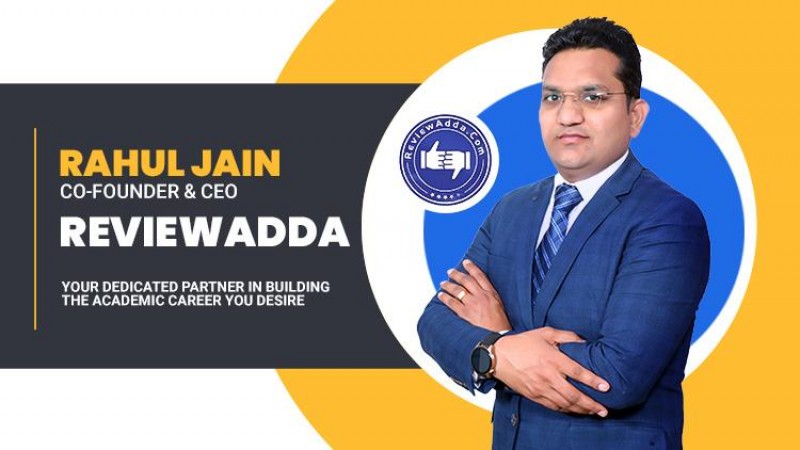
India, a global leader in education, continues its journey of expanding access and improving literacy rates, though several challenges persist. With a vast education system encompassing primary, secondary, and higher education levels, the country's commitment to providing universal primary education remains a priority. However, addressing issues such as limited access to quality education, high dropout rates, and teacher shortages requires sustained efforts and innovative solutions.
As of 2021, India's literacy rate stands at an encouraging 77.7%, showcasing steady progress. The government's dedicated focus on improving educational opportunities, particularly in rural areas, has contributed significantly to this achievement. The primary education sector in India comprises government-run and private schools. In grades 1 to 5, this stage forms the foundation for students' academic journey. In addition, the Right to Education Act, implemented in 2010, has been instrumental in making elementary education a fundamental right for children aged 6 to 14, aiming to ensure equal opportunities for all.
Rahul Jain, Co-Founder of Reviewadda," I commend India's impressive literacy rate of 77.7%, which reflects the government's dedicated efforts and the impactful implementation of the Right to Education Act."
Moving to secondary education, which encompasses grades 6 to 10, students have access to a vast network of schools, both public and private. The government's initiatives, such as Sarva Shiksha Abhiyan (SSA) for elementary education and Rashtriya Madhyamik Shiksha Abhiyan (RMSA) for secondary education, have played pivotal roles in expanding educational opportunities and promoting enrollment.
Higher education in India presents various options, with numerous universities, colleges, and institutions offering diverse fields of study. The University Grants Commission (UGC) is the primary regulatory body, maintaining standards and quality across the sector. Students can pursue degrees in engineering, medicine, commerce, arts, science, law, and management, among other disciplines.
In 2021, out of over 55,000 higher education institutions, a total of 1,113 universities were recognized on the AISHE portal, granting degrees to students. Stand-alone institutions provide diploma certifications, while colleges are affiliated with or recognized by universities. In 2022, a staggering 1,435,366 students appeared for the class 12th Exam.
To promote educational growth, the Indian government has implemented several initiatives. SSA and RMSA focus on improving infrastructure, quality of teaching, and overall educational outcomes. Additionally, the National Skill Development Mission aims to enhance employability by providing skill-based training and preparing students for the job market.
However, challenges persist. Limited access to quality education in rural areas, high dropout rates, and teacher shortages remain key hurdles. Infrastructure development, curriculum reforms, and teacher training programs are vital areas that demand continued attention and investment.
The rise of the education technology (EdTech) sector has transformed the Indian education landscape. With increased internet connectivity and smartphone usage, e-learning platforms and online courses have gained tremendous popularity. Amid these challenges, Reviewadda, a dedicated platform founded by Rahul Jain, has emerged as a crucial resource for students and colleges. By bridging the gap and providing transparent and reliable information, Reviewadda empowers students to make informed decisions about their educational journey. Moreover, through comprehensive career guidance and assistance in finding the right college, Reviewadda has become invaluable, ensuring students have the necessary information to shape their future success.
EdTech startups offer comprehensive solutions, including online tutoring, test preparation, language learning, and skill development. As India continues evolving its education system, it must confront challenges head-on and embrace innovative solutions. With a focus on addressing disparities, investing in infrastructure, and leveraging technology, India can create an inclusive educational environment that equips its students with the skills and knowledge needed to thrive in the 21st century.
MP Board 5th and 8th Result 2023 has been declared
NIRF Rankings 2023: IIT Madras tops overall
'Education system has come closer to cremation ground', says Mithun Chakraborty in Bengal